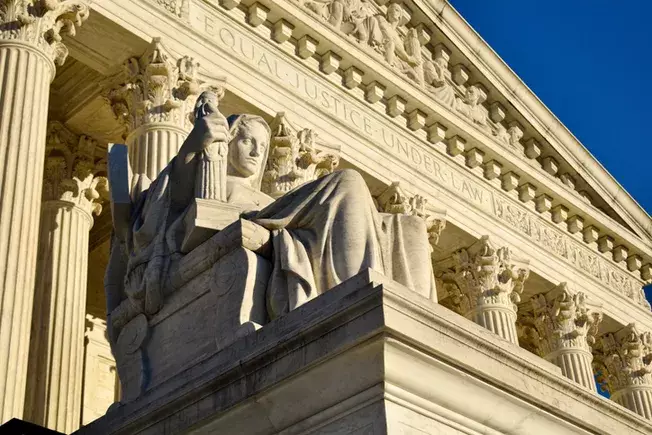The fate of TikTok, the widely popular social media platform, hangs in the balance as the January 19 deadline looms. With approximately 170 million American users, the pressure mounts for TikTok to either redefine its ownership structure or face an impending ban as a result of national security concerns. The impetus for such drastic measures is rooted in apprehensions over TikTok’s alleged ties to the Chinese government, highlighting fears that user data may be exploited or that the platform can be manipulated to spread disinformation.
The legislative backdrop for this situation is the “Protecting Americans from Foreign Adversary Controlled Applications Act.” Under this bill, TikTok must be sold to American owners if it is to continue operations in the United States. This act underscores a growing sentiment among lawmakers to curtail the influence of foreign entities over critical technological platforms. As TikTok moves through the U.S. courts, its legal battles have taken center stage, with a recent rejection of its appeal by the U.S. Court of Appeals for the District of Columbia Circuit.
However, the situation is further complicated as TikTok seeks an audience with the U.S. Supreme Court, which has decided to hear its case. Early indications from the justices hint at a potential upholding of the law, though there are significant concerns regarding First Amendment rights. TikTok argues that this legislation infringes upon free speech, but the national security implications complicate this claim. Should the Court side against TikTok, the app would begin a gradual shutdown, losing access and functionality for users over time.
As the clock ticks down, TikTok finds itself navigating a complicated web of potential outcomes. The platform’s future hinges not only on court rulings but also on whether it can secure a buyer capable of addressing the government’s national security concerns. Despite rumors of a consortium of U.S. investors showing interest in acquiring the app, official communication from ByteDance—TikTok’s parent company—suggests that the timeline for a sale is impractical. Without any tangible progress towards an acquisition, the likelihood of a ban increases with every passing day.
Meanwhile, former President Donald Trump has voiced intentions to rescue TikTok, advocating for an extension that would allow for a more thorough negotiation or for alternative solutions to surface. However, without a clear strategy or legislative support, his efforts seem somewhat precarious. Legal experts posit that pressing Congress to roll back the enacted bill presents significant challenges, especially when the original proposal garnered unanimous bipartisan support. Trump’s declining political influence further complicates the scenario, making it difficult for him to sway the necessary legislative changes.
If the ban comes to pass, the ramifications would be far-reaching, not only affecting TikTok’s user base but also signaling a broader trend of digital nationalism. Users would see the app being phased out gradually, losing access to the platform that has shaped a new era of social media interaction. Moreover, the shutting down of TikTok raises questions about other global platforms that have been scrutinized for their foreign ties. A successful ban could set a precedent for similar actions against other apps, reshaping consumers’ relationships with technology.
In a deeper context, the potential fallout from TikTok’s ban touches on issues of freedom of expression and the powers of government in regulating digital spaces. Should the app be forced to shut down, it might provoke a further examination into what constitutes an acceptable digital environment in the U.S. and who gets to dictate those terms.
The fate of TikTok hangs in a precarious balance, swayed by legal battles and political maneuvering. As the deadline approaches, it becomes increasingly clear that TikTok’s options for survival are dwindling. While the next few days could determine the future of this beloved platform, they also represent a pivotal moment in the evolving relationship between government, technology, and individual liberties in the digital age. As users await the Supreme Court’s decision, the conversation around digital sovereignty, privacy, and freedom of expression continues to heat up, reflecting the complexities of our interconnected world.

